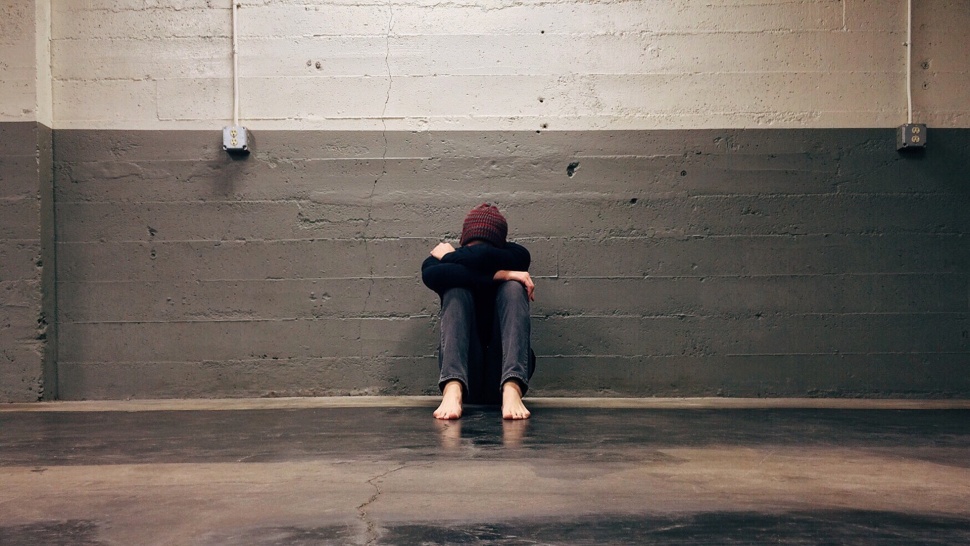Depression and anxiety are very broad terms that overlap in most cases. This is because they are almost similar and many people even confuse their symptoms leading to misdiagnosis. In both cases, the person struggling with mental health is left feeling sad, low and overwhelmed. This is another reason why these two conditions are often considered the same. It is important to know that depression and anxiety are common occurrences and that you are not alone in it. In the article below, we are going to help you understand the connection between the two. In addition, we are also going to give you tips on how to manage the symptoms of these two conditions. Anxiety, or depression, might be triggered by having a longer period of occupational burnout syndrome.
More about anxiety and depression
As mentioned above, anxiety is a broad topic and there are different categories of anxiety depending on their causes and symptoms. What is common among all these categories of anxiety is that the sufferer experiences tension and fear in extreme measure. In most case, this is the body’s response to a real threat or an anticipated threat that may happen in the future. However, not all categories of anxiety are caused by this. There are exceptions like generalized anxiety. This is anxiety that is caused by fear of things that are not connected to current events that the sufferer is going through.
Sufferers will often manifest disruption in their normal behavior and their normal functioning. In most cases, the symptoms of anxiety and fear are panic attacks that are the body’s response to extreme fear. A faster than normal heartbeat, difficulties in breathing, hard time concentrating and a light feeling in the chest are some of the other symptoms of anxiety. When the sufferer has anxiety, the body releases some chemicals because there is the assumption that the threat is present. These unleashed chemicals put the body in a position to either run away or stay and fight.
Depression, on the other hand, is categorized depending on the frequency of the attacks and the extent. The symptoms that are used to diagnose the sufferer with clinical depression vary from the most common to other surprising symptoms. The most common symptoms of depression are lack of interest in activities that were once fun to the sufferer and general sadness. Hypersomnia and insomnia, increase or loss of appetite, Increased or decreased the cognition and motor skills, fatigue, self-loathing and suicidal thoughts are some of the other symptoms of depression. Taking a longer time to complete easy tasks is also another most overlooked symptom of depression.
When these symptoms continue for more than two weeks, then the person’s functionality is greatly affected and their condition gets worse.
Travel more and be happier
Effects of depression and anxiety
Dealing with both cases may be a little difficult, especially since their symptoms have different effects to the sufferer’s body. There is a psychological or structural relationship between these two conditions according to psychologists. Having anxiety can lead to depression and vice versa, in either way, the mind will always find a way to connect the two.
Both conditions have effects on the body, which trickle down from the mind to the digestive system, the immune system and finally affect the general health of the sufferer. However, the effects that are most significant with the two conditions include quality of life with things like the ability to complete easy tasks, happiness, and even the psychological and physical wellbeing.
These two conditions can make it difficult for the sufferer to go for a whole day without panic attacks and episodes of depression. It is therefore important to get a thorough diagnosis and start a treatment plan immediately the symptoms begin to manifest.
Control of depression and anxiety
The symptoms of depression and anxiety may seem too complicated and difficult to treat, but they are not. However, the two conditions require different treatment in order to correct them efficiently.
Therapy is one of the most common and efficient treatments for people suffering from depression and anxiety. This is where they are able to speak with professionals and be able to let out their feelings. It also paves the way for analyzing the mental state of the sufferer and even recommends medications that they can take.
Medications can also be given to combat the different symptoms of the two conditions. Anxiety and depression pills will help to correct the symptoms and the side effects of the two conditions too.
Regular exercises can also help by giving the sufferer the channel to let out their emotions and build self-confidence. In addition, exercises also help the sufferer to be healthier both physically and mentally. Vigorous walks, yoga and even meditation can be very helpful.
Studies have also shown that calming meditative activities such as origami can help control symptoms of depression and anxiety.
Conclusion
Just as mental health can affect your physical health, so can our physical health affect your mental health. It is important to ensure that you take a healthy diet, do exercises, get enough sleep and interact with other people. When you begin experiencing the symptoms of either anxiety or depression, find someone you can talk to and let out the emotions. It might be of great help and even prevent you from falling deeper into the condition. It is also important to know that you can recover from depression and anxiety. It can be treated!




Share the News